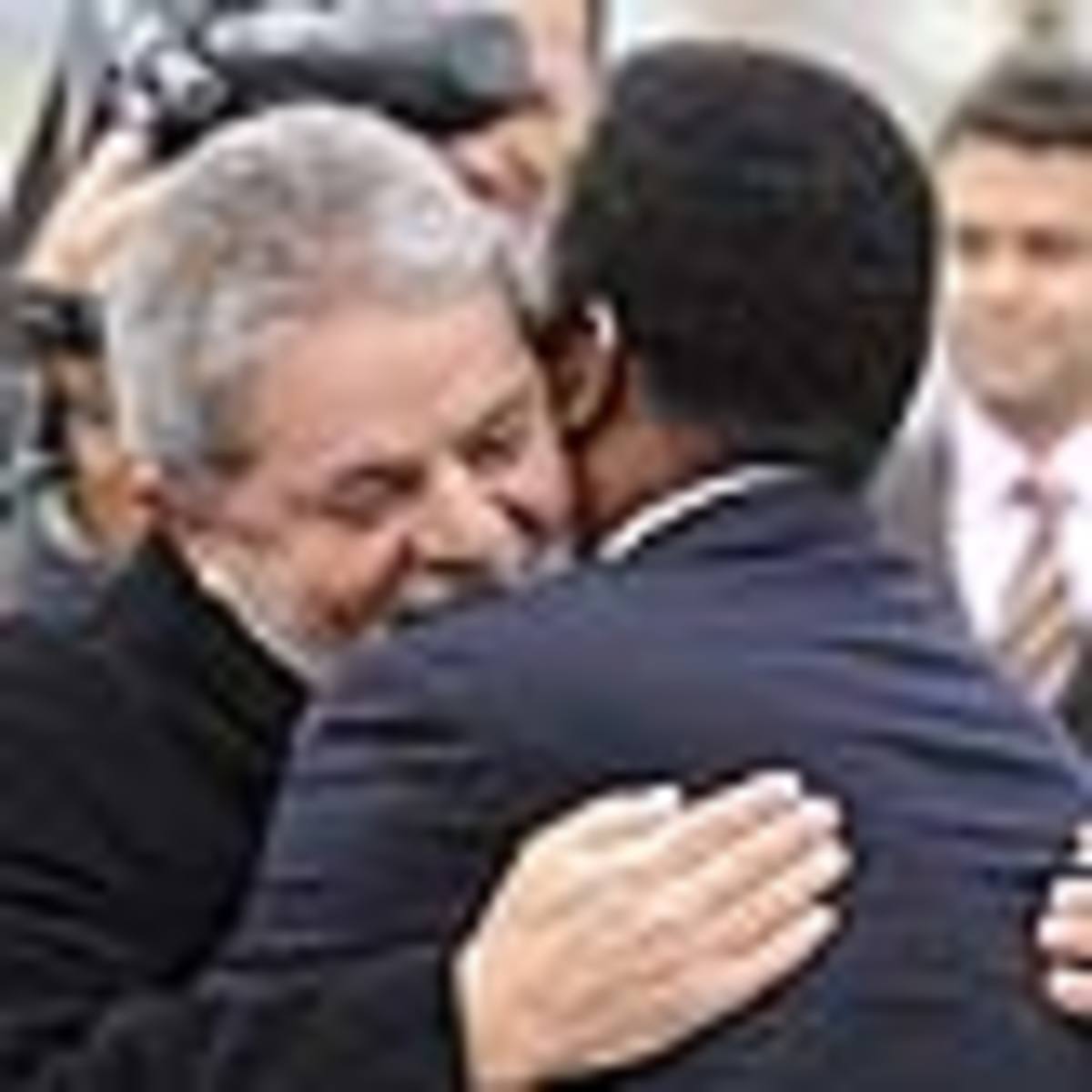Rio to enjoy riches of Olympic experience as host of 2016 Games
Very few cities know how to celebrate better than Rio. The party that will climax at the 2016 Olympic Games got underway in earnest on Friday in Copenhagen, where the IOC chose the Brazilian city to be first from South America to host the Games. As the bid members headed over to the Skt. Petri hotel downtown, where balloons and loud music awaited them, their leadership was still coming to grips with the piece of history they earned. It has been a non-stop push from being considered a long shot to win the bid back when Brazil hosted the Pan-Am Games in 2007.
"Not one of us had one day of holiday from the date of the Pan-American Games two years ago," said Carlos Arthur Nuzman, the bid chief and an IOC member, himself. "Everyone has worked to full capacity and taken permission from their very understanding families."
As Nuzman spoke from a dais in a large hall of the Bella Center shortly after Rio's victory, Brazilian President Lula da Silva sat next to him and began to cry. "I was wondering if during our role as president, we have to show serenity," he said. "I believe I cried now because I did not have the courage to cry during the presentation. I thought there was no reason for me to get emotional. I have met so many people, been to so many events, I didn't expect there would be any reason for me to get emotional."
Nuzman avoided that emotional display, he said, by watching the video that Rio used in its presentation "at least 30 times" over the past month just to get desensitized to it. "Then," he said, "I made sure to have a conversation with someone next to me when we played the video to the IOC members."
During the 45-minute presentation, that person was President Lula, who said he felt pride on both personal and national levels. "From the bottom of my heart I say this was the most emotional day of my life," he said. "I feel more pride today in being Brazilian than ever before . . . "Brazil won its citizenship on an international level. We're not a second-rate country."
Hours earlier, Lula used semantics to illustrate a point about Brazil's growth and emerging economic stability. In previous speeches, he said that the Olympics were not only for rich countries. Perhaps wanting to dispel the idea that Brazil was, in fact, a poor country, Lula spoke of Rio as "the only large well-off city that has never hosted he Olympics."
The bid members had already made an emotional appeal based on how transformative Rio's bid would be. At one point, they unfurled a map of the world that showed the number of times the Games had been to each continent. The number 30 stood next to Europe on the map, with ten in North America and an eleventh on the way: the 2010 winter Games in Vancouver in February. In South America, the map showed, there had never been one. It was simply Rio's time just as it had been Beijing's time in 2008, when IOC chose what it felt was a transformative city to host the Games.
In favor of a Rio bid were the city's sparkling beaches and the revel rous reputation of the locals. The counter, on the other hand, was the city's hideous crime rate. Discussing the World Cup soccer event that will be held in Rio in 2014, committee members tried to turn the extra responsibilities into assets, pointing out that many sporting venues would be completed well ahead of the summer Games and that the competition would serve as a dry run for the bigger event in 2016.
"You have commitment for World Football Cup and Olympic Games," Lula said. "We have a commitment to sleep less. As a Brazilian citizen, I give my body and soul to be able to do that."






